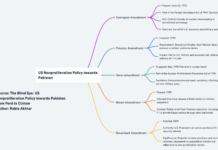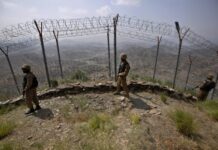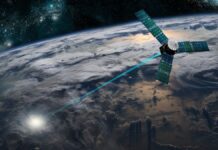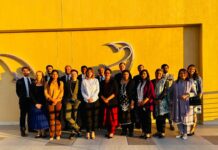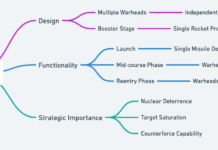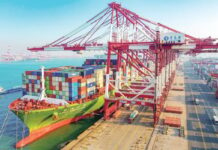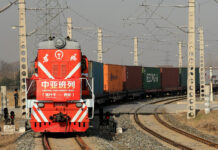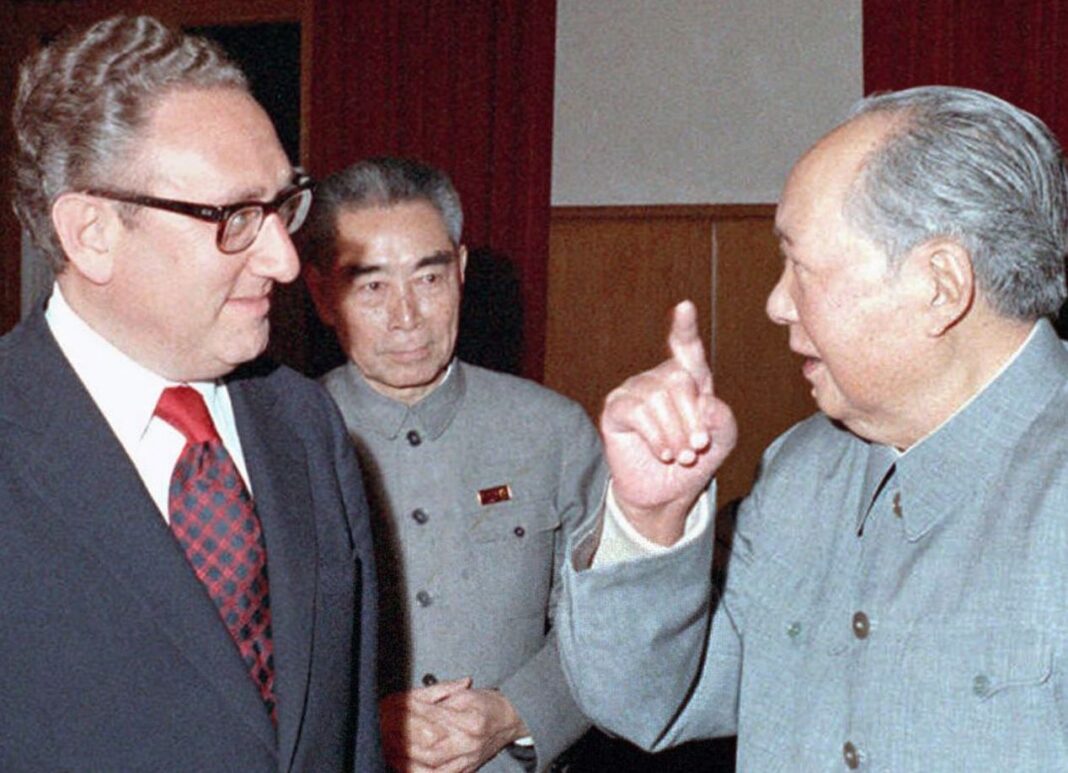
Rabia Akhtar
The historical significance of Henry Kissinger’s visit to China and subsequent meeting with the Chinese President Xi Jinping cannot be overstated. As one of the most influential foreign policy advisors in American history, Kissinger’s trip to Beijing in 1971 paved the way for the normalisation of relations between the United States and China. This momentous event has had far-reaching consequences for both nations and the wider global community.
Kissinger’s accomplishments in foreign affairs are numerous, but perhaps none have been as significant as his role in establishing the current relationship between the United States and China. This relationship was born from a series of secret meetings between Kissinger, in his capacity as National Security Advisor for President Richard Nixon, and Chinese Premier Zhou Enlai in 1971. These meetings, conducted in utmost secrecy, set the stage for Nixon’s historic visit to China in 1972 and the establishment of the first official diplomatic relations between the two countries since the Communist revolution in 1949. In light of Kissinger’s recent visit to China and his age of 100 years, it is necessary to note the historical context in which his legacy was formed, and the role that Pakistan played in opening the United States up to China in 1971. Kissinger’s original overtures to China would not have been possible without the intervention of Pakistan. Kissinger recognized that in order to establish contact with China, he needed a reliable interlocutor that would not only facilitate communication but also shield the United States from any potential backlash from the international community. Pakistan, under President General Yahya Khan, proved to be that interlocutor. What followed was a delicate dance between the United States, China, and Pakistan that ultimately led to the normalization of relations between Washington and Beijing. The role that Pakistan played in this process cannot be overstated, as it paved the way for a relationship that has lasted until today. As such, the current relationship between Pakistan and China holds a unique place in the historical narrative of US-China relations. Both countries remain important players in the region, and their continued cooperation and collaboration will undoubtedly shape the balance of power in the years to come.
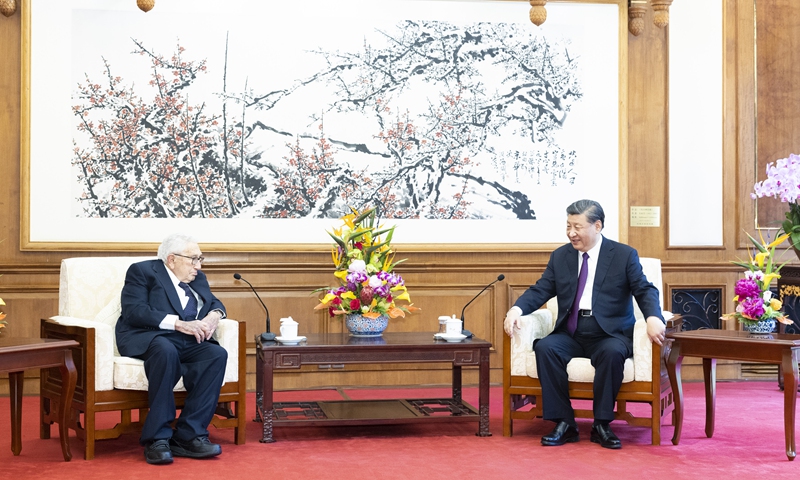
Yet, the question remains, why did Kissinger feel the need to visit China at such an advanced age undertaking 14-16 hrs of air travel? While it is true that Kissinger has always been keenly aware of his legacy, it is also clear that there are pressing concerns in the current geopolitical climate that have drawn his attention. The U.S.-China relationship has been fraught with tension over Taiwan, human rights, US-led rules based order, the growing U.S. military presence in the Asia-Pacific and territorial disputes in the South China Sea. Kissinger likely sees the need to return to China as an opportunity to offer his expertise and experience to both sides as they navigate these troubled waters.
From a semantic perspective, Kissinger’s visit to China represents a nuanced and complex interplay of historical, political, and cultural factors. It is an example of the enduring legacy of diplomatic initiatives and personal relationships forged by Kissinger almost half a century ago. Moreover, his visit underscores the need for continued engagement and dialogue between the world’s two largest economies, particularly in light of the global challenges facing both countries. In this sense, Kissinger’s visit can be seen as a reflection of the ongoing evolution of U.S.-China relations, and a reminder of the importance of diplomatic initiatives and personal relationships in shaping international affairs.
There is a possibility of convergence between the East & the West if one examines President Xi Jinping’s vision for a community with a shared future for mankind which aims to create a more equitable and sustainable world through a five-pronged approach, including political, security, economic, cultural, and ecological dimensions. 2023 marks the tenth year of this vision and there are not many takers in the collective West. Xi’s vision seeks to establish an open, inclusive, clean, and beautiful world that is characterized by lasting peace, universal security, and common prosperity. However, it is unfortunate that the West seems to be at odds with this vision, thereby hindering the prospects of building a more peaceful and prosperous world for all.
One of the key components of President Xi’s vision is the political dimension, which places emphasis on sovereign equality, dialogue, and partnership in solving disputes and promoting peace. Rather than relying on military alliances or political coercion to enforce peace, the Chinese leadership advocates for a more cooperative and collaborative approach through multilateralism and the centrality of the United Nations. Despite the obvious benefits of such an approach, the West has shown resistance to this vision, as they continue to promote Cold War mentalities and prioritise their own economic and political interests over global common good.
Moreover, as affirmed in President Xi’s vision, a community of shared future for mankind requires a highly globalized world of enduring and universal peace, where common, comprehensive, cooperative, and sustainable security is emphasized. This contrasts sharply with the West’s traditional approach to security, which tends to prioritize military power and aggression, and has caused significant instability and conflict in many regions. While China is committed to promoting a more peaceful and secure world for all, the West’s continued reluctance to work with China in this regard undermines the potential for cooperation and mutual benefit.
President Xi’s vision for a community with a shared future for mankind is a forward-thinking ideal that seeks to promote global cooperation, peace, and shared prosperity. However, the West’s resistance to this vision undermines its potential and presents challenges to the realization of a more equitable and sustainable world. It is important for the international community to recognize the benefits of this vision and work collaboratively towards its realization.
Prof. Dr. Rabia Akhtar is Director, Center for Security, Strategy and Policy Research, University of Lahore, Pakistan.



